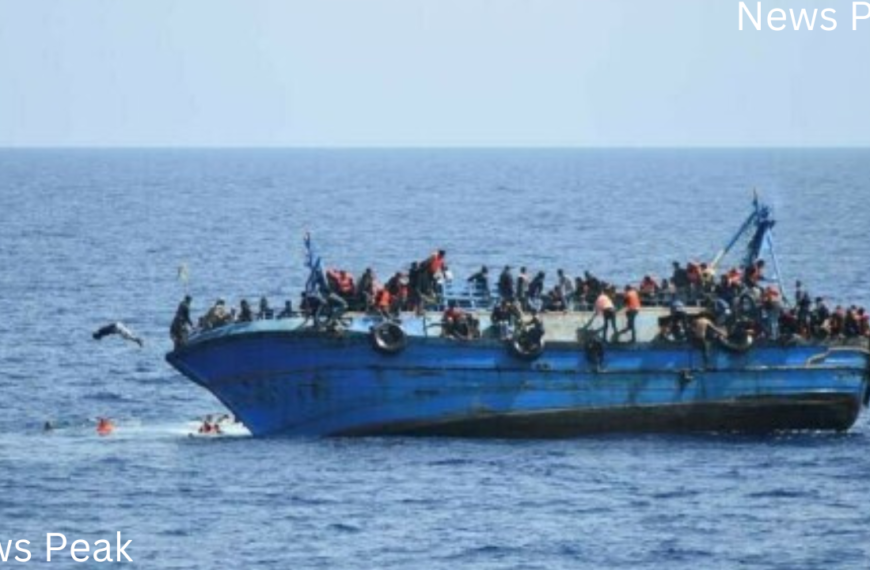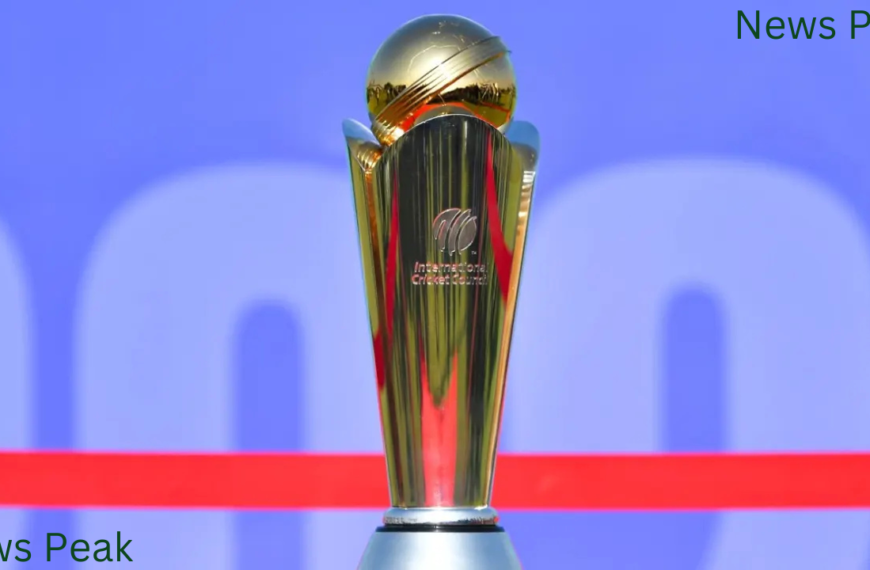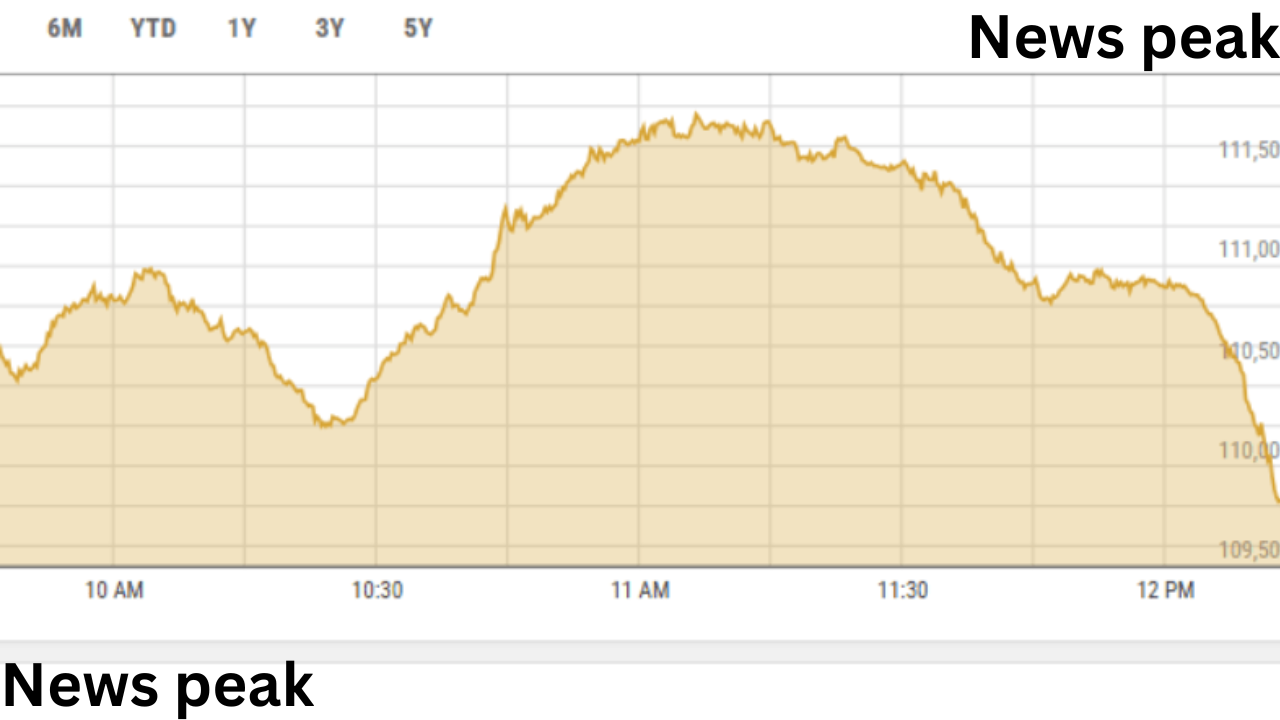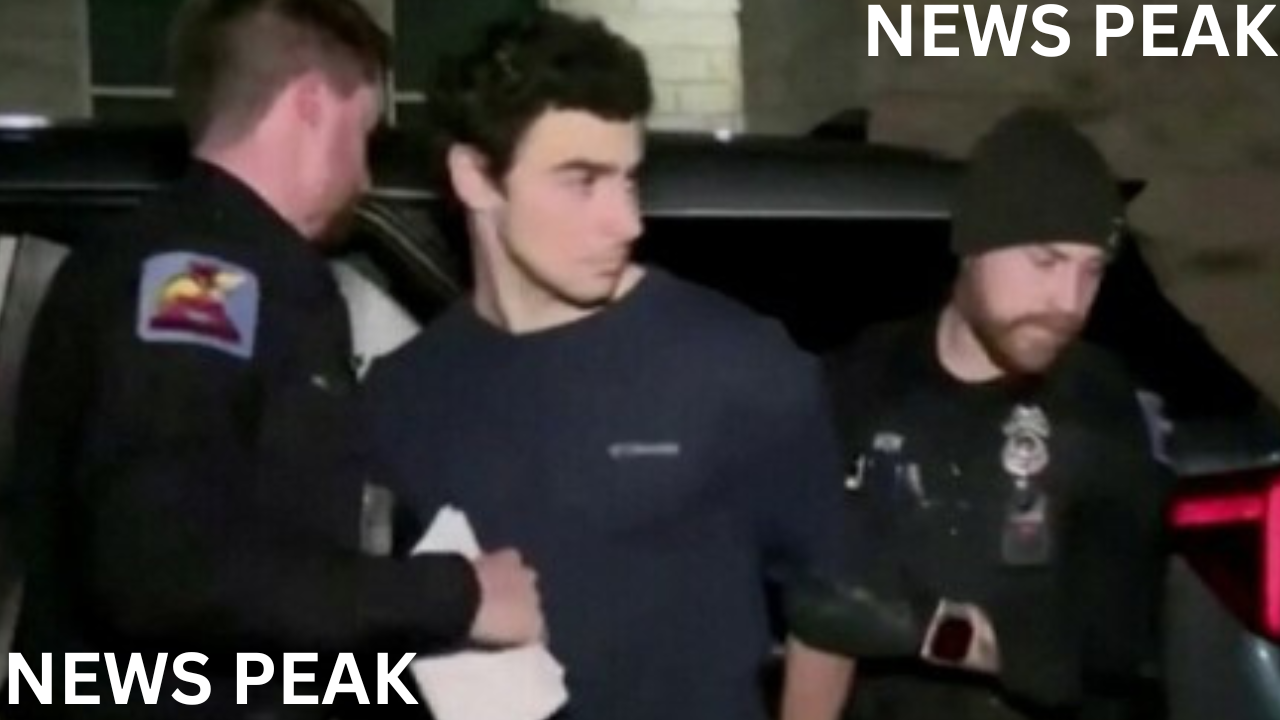
Pictures of Assad on billboards and government buildings were ripped down, stamped on, torched or riddled with gunshots; statues of his father and brother were toppled in places seized by the rebels.
Syria’s Bashar al-Assad employed Russian and Iranian weaponry to repel opposition forces throughout years of civil conflict but never vanquished them, leaving him susceptible to their spectacular progress while his friends were preoccupied by other wars.
Assad, Syria’s president for 24 years, flew out of Damascus early Sunday for an unknown destination, two senior army officers told Reuters. The city was declared “free of the tyrant Bashar al-Assad” by rebels. According to a Syrian commander, army headquarters informed officers that the Assad family’s half-century control has come to an end.
Statues of Assad’s father and brother were demolished in rebel-held cities, while images of him on billboards and government buildings were ripped down, stamped on, torched, or riddled with bullets.
After his father Hafez died in 2000, Assad took over as president, keeping the family’s iron fist rule and the dominance of the Alawite sect in the Sunni Muslim-majority country, as well as Syria’s status as an Iranian ally hostile to Israel and the United States.
Shaped in its early years by the Iraq war and the Lebanon crisis, Assad’s administration was defined by civil war, which erupted following the 2011 Arab Spring, when Syrians demanding democracy took to the streets and were met with lethal force.
In 2018, US President Donald Trump labeled Assad a “animal” for deploying chemical weapons, which he disputed. Assad outlasted many of the international leaders who feared his death was inevitable in the early days of the conflict, when he lost swathes of Syria to rebels.
Assisted by Russian air strikes and Iranian-backed militias, he reclaimed much of the lost area over years of military offensives, including siege warfare described as “medieval” by UN investigators.
With his opponents mostly limited to a pocket in northern Syria, Assad presided over several years of relative peace, but significant areas of the country remained out of his control and the economy was crippled by international sanctions.
Assad reestablished ties with Arab states that had previously ostracized him, but he remained a pariah in most of the world and failed to reconstruct the broken Syrian state, whose military forces retreated quickly in the face of opposition advances.
He has not made any public statements since militants took over Aleppo a week ago, but he stated in a phone chat with Iran’s president that the escalation aimed to remake the area for Western interests, repeating his view of the rebellion as a foreign-backed plot.
Assad compared himself to a physician while explaining his early response to the conflict. “Do we tell him, ‘Your hands are covered in blood?'” “Or should we thank him for saving the patient?” he said in 2012.
Early in the fight, as rebels took town after town, Assad exuded confidence.
“We will hit them with an iron fist, and Syria will return to how it was,” he warned soldiers after retaking Maaloula in 2014.
Lines in red
Assad was supported by Syrians who believed he was protecting them from radical Sunnis.
As al Qaeda-inspired insurgency organizations rose to prominence, minorities shared this concern. As they moved forward this week, rebel troops reassured Christians, Alawites, and other minorities that they would be safeguarded.
Assad clung to the concept of Syria as a bulwark of secular Arab nationalism, even as the battle became increasingly sectarian. In a 2015 Foreign Affairs interview, he stated that Syria’s army was “made up of every colour of Syrian society”.
His opponents, however, claimed that he was inciting sectarianism.
The entrance of Iranian-backed Shi’ite fighters from throughout the Middle East to help Assad exacerbated the conflict’s sectarian edge, while Sunni Muslim-led powers such as Turkey and Qatar supported the rebels.
Assad’s importance to Iran was emphasized by a top Iranian official who declared in 2015 that his destiny was a “red line” for Tehran.
While Iran supported Assad, the United States failed to enforce its own “red line” against the use of chemical weapons, established by President Barack Obama in 2012.
A sarin gas assault on the rebel-held Ghouta in 2013 killed hundreds, but Moscow brokered a deal to eliminate Syria’s chemical weapons, preventing a US reaction. Nonetheless, poison gas continued to strike rebel areas, with a 2017 sarin incident forcing Trump to launch a cruise missile reprisal.
Assad has refuted allegations that the state was to blame.
He also disputed that the army had dropped barrel bombs filled with explosives, causing indiscriminate destruction. In a 2015 BBC interview, he attempted to dismiss the accusation, saying, “I haven’t heard of the army using barrels, or maybe, cooking pots.”
He further discounted tens of thousands of photographs depicting abuse of prisoners in government custody as part of a Qatar-funded scheme.
As battle subsided, Assad criticized Syria’s opponents of economic warfare.
While he became a pariah in the West, certain Arab regimes that had earlier backed his opponents began opening doors for him. During a visit to the UAE in 2022, leaders greeted a grinning Assad.
Eye doctor
Assad frequently presented himself as a simple man of the people, appearing in films driving a modest family car and in images with his wife visiting war veterans at their homes.
He took office in 2000, following his father’s death, but he had not always expected to run for president.
Hafez planned another son, Bassel, to succeed him. nevertheless after Bassel died in a 1994 the car accident, Bashar was elevated from an eye doctor in London (where he studied as a postgraduate) to heir apparent.
As Assad was president, he claimed to implement liberal modifications, which were hailed as “the Damascus spring”.
He freed hundreds of political prisoners, made concessions to the West, and opened up the economy to private firms.
His relationship to British-born former financial analyst Asma Akhras, with whom he has three children, fueled hopes that he may steer Syria in a more progressive direction.
Among the finest moments of his initial meetings with Western leaders were his time at a Paris summit and being present as a guest of honor at the annual Bastille Day military parade.








